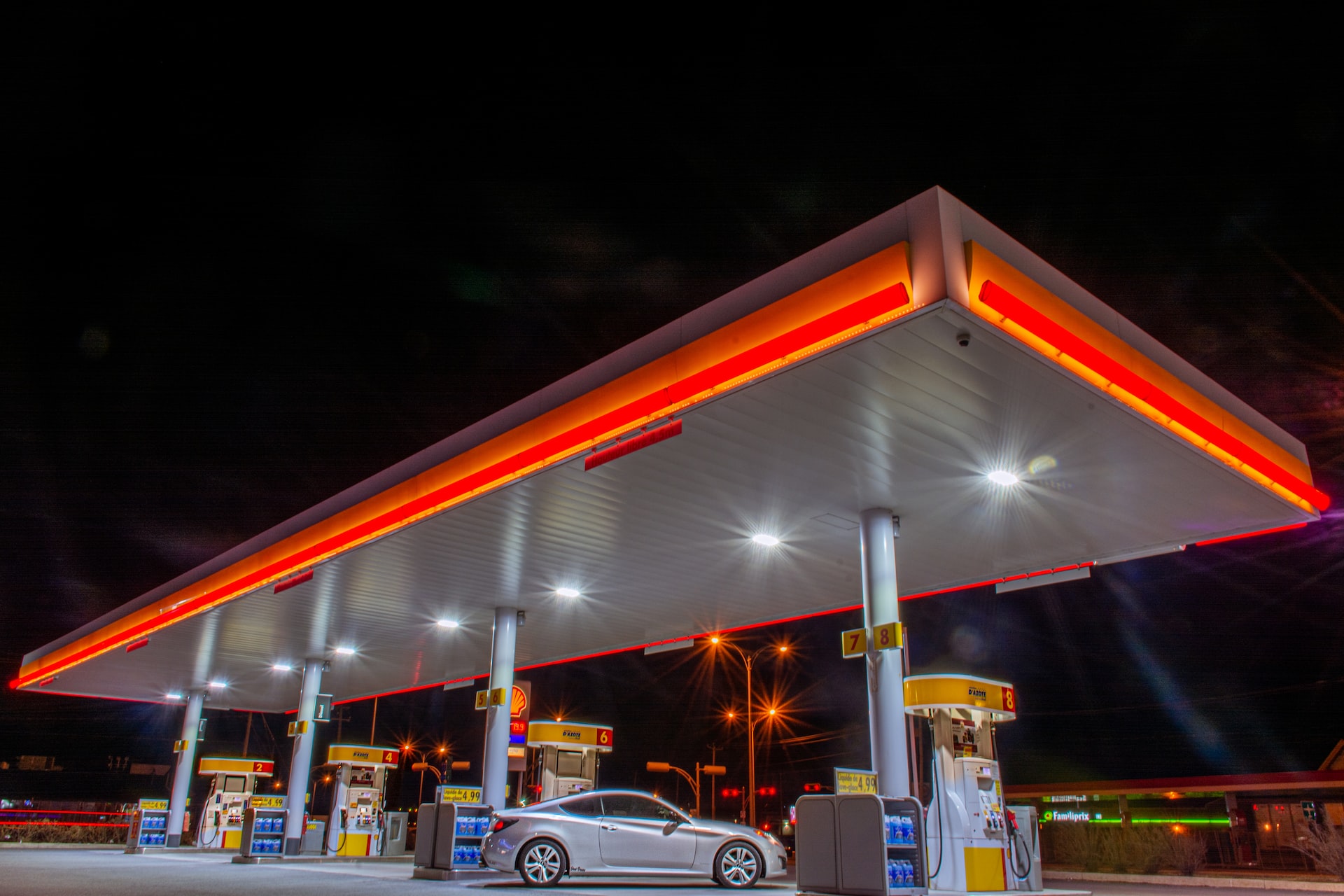How To Reduce The Impact Of Rising Gas Prices
Are prices at the pump driving you crazy? Have you adjusted your budget, altered your commutes, and even considered ditching your vehicle until things return to normal? If so, you’re not alone. Inflation has caused fuel prices to rise well beyond what anyone could imagine. The financial strain is so overwhelming that it’s causing issues with everyday life. While it may be wise to evaluate your budget, shorten commutes, use public transportation, or upgrade to an electric vehicle, these aren’t your only options.
Although you can’t control the cost of gas, you can do things to improve your vehicle’s fuel efficiency to save money at the pump. Check out these tips listed below.
Check Tire Pressure Regularly
Did you know that tire pressure levels can impact fuel efficiency? When your tires are underinflated, they cause the engine to work harder to reach the necessary speed, which burns more gas. Review your owner’s manual to determine the proper air level for your tires. Use a tire pressure gauge to check the levels at least once a month and add air if necessary.
Clean Or Replace Batteries
Your vehicle’s battery must be in pristine condition for optimal power and performance. As batteries age, the connectors become corroded, which causes the alternator to go into overdrive and reduce fuel efficiency. Inspect your car battery regularly for damage or power loss and have it cleaned or replaced by a mechanic.
Change Fluids And Filters
Many of the mechanical parts in your vehicle require fluids to keep them running. However, these fluids evaporate and become dirty. When they get low or have a sludge-like texture, it can lead to vehicle damage, an overworking engine, and higher fuel consumption.
Check your oil, antifreeze, power steering, brake, and windshield wiper fluid regularly and refill as needed. You’ll need to have it flushed before adding more fluids if it’s dirty. Filters help keep the dirt, debris, and sludge from clogging up your engine but also must be changed regularly to continue working efficiently.
Keep Up With Maintenance
While putting off maintenance tasks like oil changes, brake pad replacements, tire rotations, and tune-ups may seem like an ideal way to save money, it’s not advised. When these things aren’t taken care of immediately, they increase fuel consumption and ultimately lead to more expensive repairs. Your vehicle’s owner manual and dashboard notifications will give you an idea of when you need to complete routine maintenance. If you’re trying to save money, you’ll be pleased to know that you can complete most maintenance tasks yourself.
Consider Upgrades
Believe it or not, there are vehicle upgrades that can improve your car’s fuel efficiency. Take a short ram intake, for instance. The air intake gives your engine the oxygen it needs to burn fuel.
The better the intake and airflow, the more efficiently your engine operates. Short ram intakes draw air from the engine bay to the engine, providing a better throttle response and horsepower. The best part is these intakes also offer better gas mileage than stock or cold air options.
Remember to select automotive parts and service providers with sustainable products when considering an upgrade to reduce your carbon footprint.
Adjust Driving Habits
Speeding, quick acceleration, swerving, and excessive braking are everyday driving habits that car owners develop. However, these practices put you, other passengers, your vehicle, and other motorists at risk. Aggressive driving can also decrease your fuel efficiency.
Stick to the speed limit. You can use cruise control on highways to ensure you stay the course. Maintain a safe following distance between other vehicles to avoid unnecessary braking. Finally, give yourself plenty of time to arrive at your destination to prevent the “need to speed.”
Gas prices are getting out of control, and there’s not much drivers can do to drive rates down. Before you consider getting in over your head to purchase a more efficient vehicle, give the suggestions above a try. By following the advice above, you can reduce fuel consumption, save money, prolong your vehicle’s lifespan, and save the environment.

